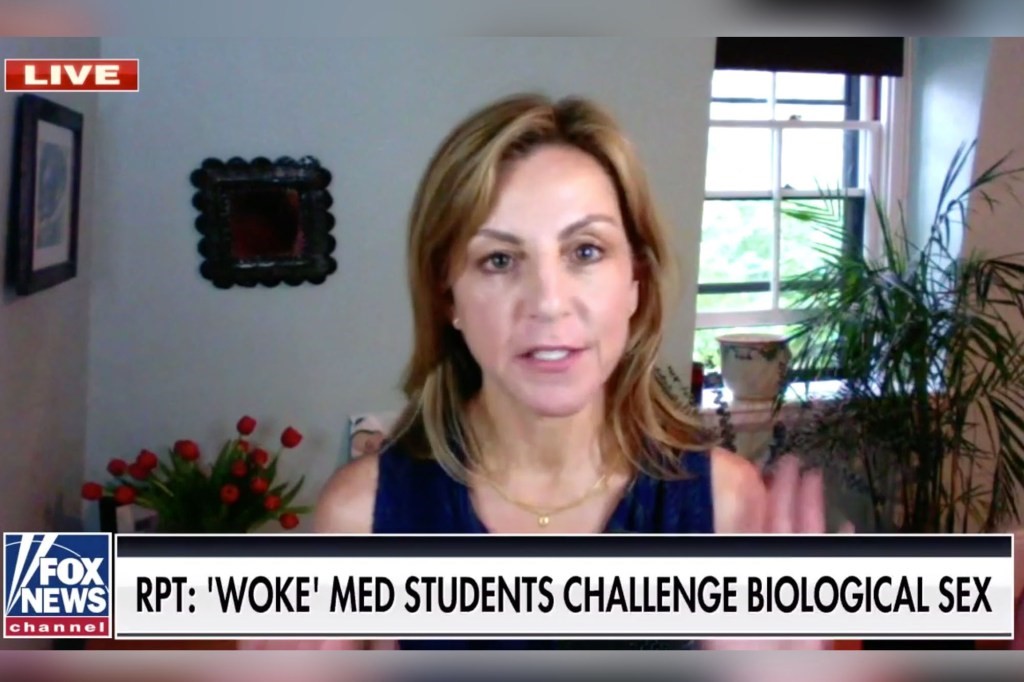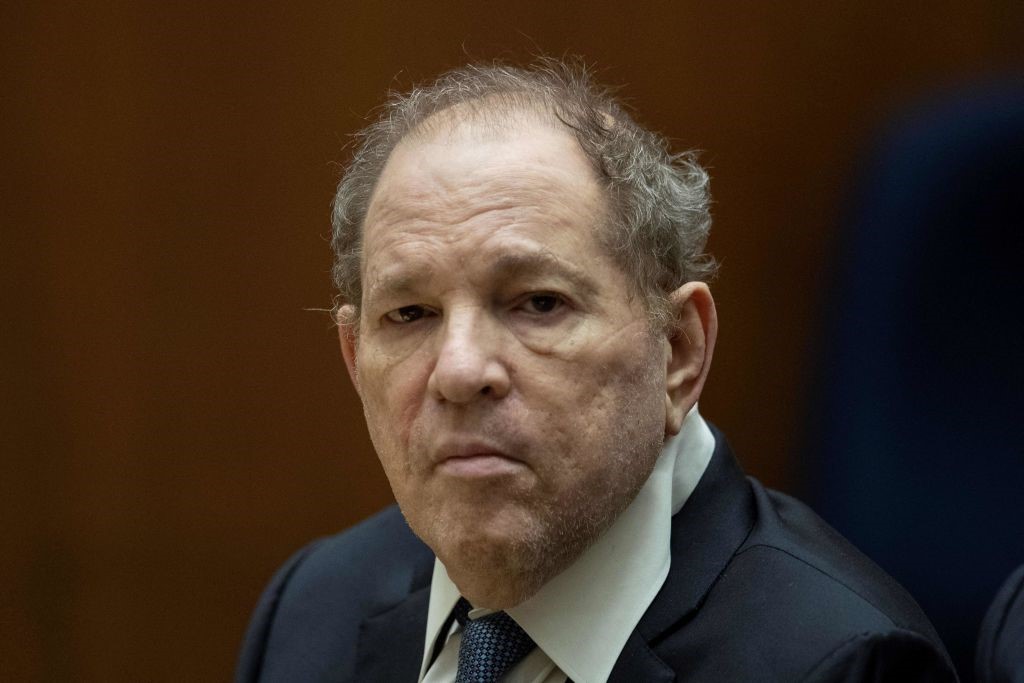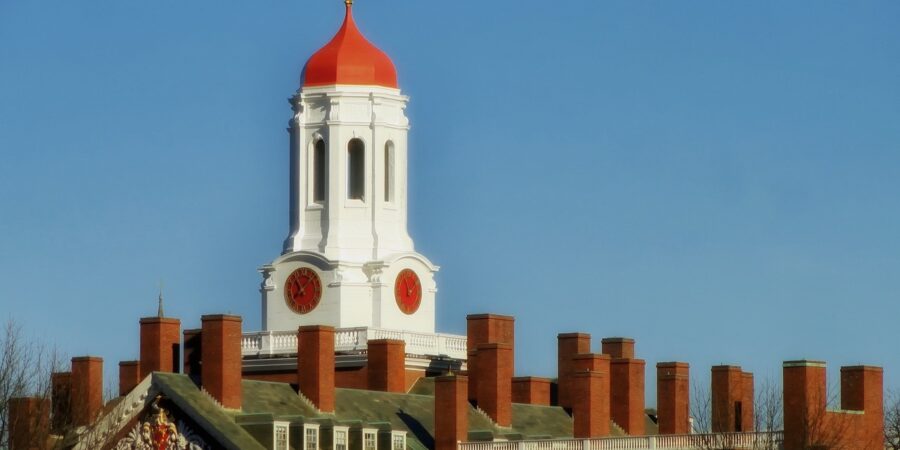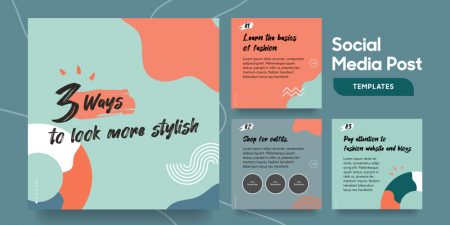As society is becoming increasingly more politically correct, bastions of dialogue and debate including academic institutions have come under the spotlight for views considered “out of the mainstream.”
Harvard University, a bastion of American higher education, has long prided itself on its commitment to academic freedom. This core principle allows scholars to pursue research and express ideas freely, fostering open inquiry and the creation of new knowledge.
However, recent debates surrounding controversial topics and the influence of external forces have cast a shadow on this ideal. This article delves into the current state of academic freedom at Harvard, exploring faculty concerns, administrative actions, and the ongoing fight to ensure the unfettered exchange of ideas that fuels intellectual discovery.
Political Scientist Charles Murray: 2023
Harvard faced criticism for allowing political scientist Charles Murray, known for his controversial book “The Bell Curve,” to virtually speak in a Government department course. Critics argued his work promotes racist pseudoscience, while proponents defended the right to present opposing viewpoints.
Carole Hooven’s Gender Comments: 2021

Carole Hooven appears on Fox News in 2021 amidst a controversy surrounding sex and gender
Human Evolutionary Biology lecturer Carole Hooven received backlash for comments on Fox News regarding biological sex and her opposition to gender-neutral language in medical settings. The incident sparked debate about the line between academic freedom and offensive or harmful speech.
Mark J. Ramseyer and World War II: 2021
Harvard Law professor J. Mark Ramseyer ignited a firestorm with his paper “Contracting for Sex in the Pacific War.” The article challenged the widely accepted historical narrative of Korean “comfort women” during World War II. Ramseyer argued these women were voluntary prostitutes. The controversy centered on the tension between academic freedom, allowing scholars to pursue any line of inquiry.
Defending Harvey Weinstein: 2021

Former producer Harvey Weinstein appears in a California court in October 2022
Law professor Ronald S. Sullivan Jr.’s decision to represent Harvey Weinstein caused unease among some students in his residential house, citing a conflict between academic freedom and student well-being. This raised questions about the boundaries of a professor’s work and its impact on the student environment.
Pro-Palestine Group Controversy: 2023
An antisemitic image shared by a pro-Palestine student group sparked outrage. While the university defended academic freedom for open discourse, it condemned the offensive content. This highlighted the tension between free speech and the right to an inclusive learning environment.
Council on Academic Freedom: 2023
The formation of the Council on Academic Freedom by concerned faculty members reflects ongoing anxieties about potential self-censorship due to student or public pressure. The council aims to protect professors threatened for their scholarly opinions, raising questions about how to best safeguard academic freedom within the modern university landscape.






